We don't pray in foxholes because we are ready to meet our Maker. We pray because we don't want to
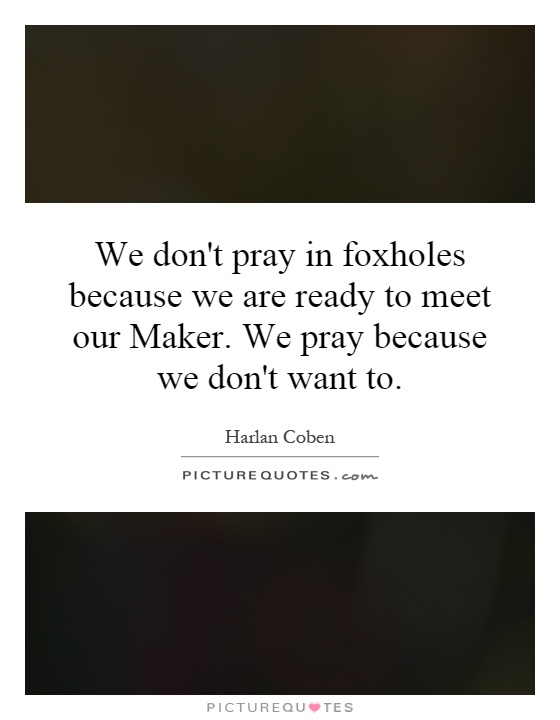
We don't pray in foxholes because we are ready to meet our Maker. We pray because we don't want to
Harlan Coben, a renowned author of suspense and thriller novels, often delves into the complexities of human nature and the moral dilemmas that individuals face in his works. One of the recurring themes in his writing is the idea of confronting one's mortality and the fear of the unknown. In the context of the quote, "We don't pray in foxholes because we are ready to meet our Maker. We pray because we don't want to," Coben's characters often find themselves in situations where they are forced to confront their deepest fears and insecurities.The quote suggests that prayer is not necessarily a sign of acceptance or readiness to face death, but rather a desperate plea for help and guidance in times of crisis. In Coben's novels, his characters often find themselves in dangerous and life-threatening situations where they are forced to make split-second decisions that could have dire consequences. In these moments of extreme stress and uncertainty, prayer becomes a way for them to seek comfort and solace in the face of overwhelming odds.
Coben's characters are often flawed and morally ambiguous, grappling with their own inner demons and struggles. They are not always virtuous or righteous individuals, but rather complex and multi-dimensional personalities who are capable of both good and evil. In the midst of chaos and turmoil, they turn to prayer not out of a sense of piety or devotion, but out of a deep-seated desire to survive and overcome the challenges that they face.
The quote also speaks to the idea of human vulnerability and the inherent fear of the unknown. In Coben's novels, his characters are often confronted with situations that are beyond their control, where they are forced to confront their own mortality and the fragility of life. Prayer becomes a way for them to cope with their fears and anxieties, a way to find strength and courage in the face of adversity.
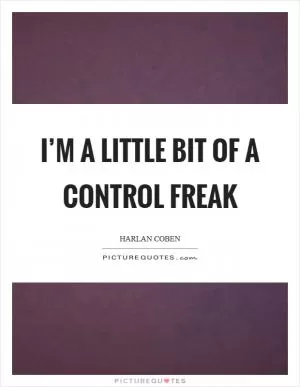
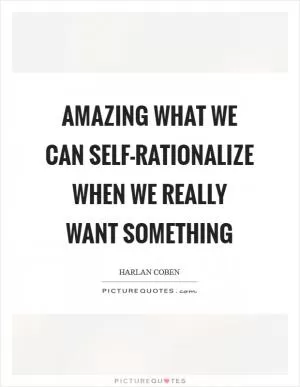



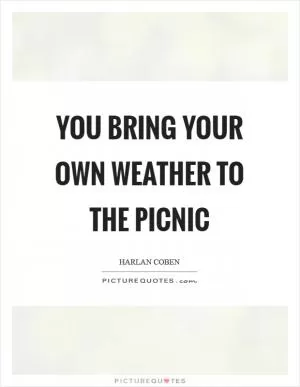
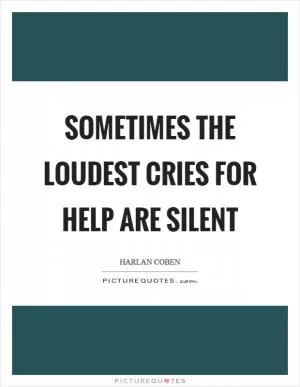


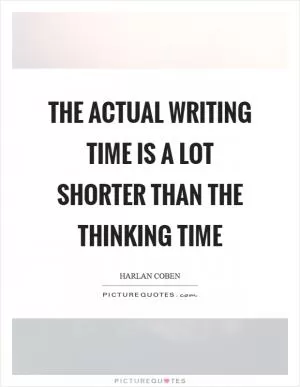
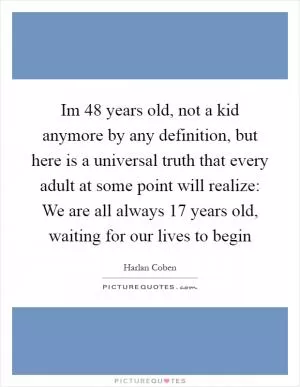

 Friendship Quotes
Friendship Quotes Love Quotes
Love Quotes Life Quotes
Life Quotes Funny Quotes
Funny Quotes Motivational Quotes
Motivational Quotes Inspirational Quotes
Inspirational Quotes